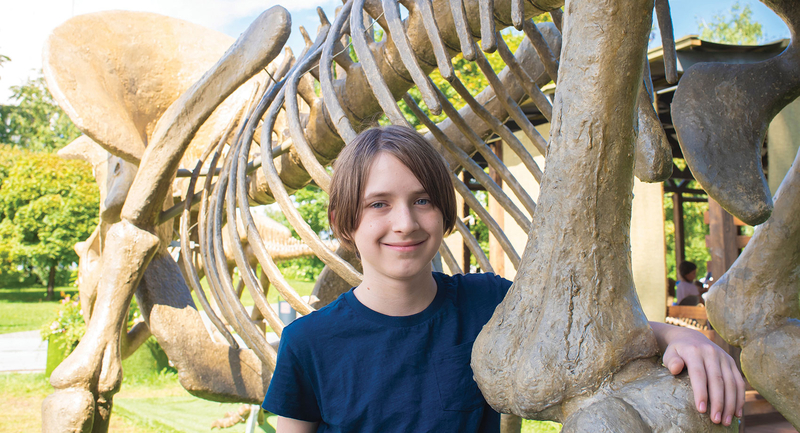James Beane's “Sorting Out the Self-Esteem Controversy” (September 1991) is interesting, but I believe he still has some sorting out to do.
Beane is refreshingly critical of the tendency to “glorify or over-romanticize the self-esteem movement, and he insists that “enhancing self-esteem is not the soft or simple work that so many people believe it to be.” Best of all, he emphasizes the importance of “making, working, and doing” in schools to enhance self-esteem.
But Beane, for all his apparent disdain for “fluff” is actually quite ambivalent in this respect. Puzzlingly, he contradicts what he says about the importance of creating an environment where achievement has a chance to thrive. He writes that the connection between self-esteem and accomplishment is “widely misunderstood.” He goes on to say that the connection is not vital but “relatively weak”—especially as regards what he calls “global self-esteem.” He buys into the dubious research that tells us that failure in school doesn't transfer to our fundamental sense of self-esteem. Nor does success. Even the recognition and opportunity that comes with demonstrated capability has only a “relatively weak” connection to how we feel about ourselves.
Citing my piece in Education Week, Beane is adamant in his criticism of the notion that self-esteem is “earned” at all. He calls my remark a dangerous statement, even though I qualified it by writing that self-esteem is also “a matter of luck, the vicissitudes of relationships, opportunities, and upbringing.” For Beane, self-esteem isn't earned, and “insisting that young people are responsible for their own self-esteem is blatantly unjust.” He adds that self-esteem is a right like the “right to be happy,” in no way connected to how we live, what we do.
We've been down this road before. We told young people to wait for us, or for society, to change before they could respect themselves, before they had any chance of making a way in the world. And when they found this message discouraging, we told them they already have self-esteem anyway, regardless of how they face life's challenges. All they have to do is exercise it, like the right to vote. There is both sentimentality and a message of helplessness in this. Where this belief is taken to heart, it promotes a superficial self-esteem that seems to go up—while achievement goes down (Stevenson et al. 1990).
What does psychology tell us about what contributes to self-esteem. In Flow: The Psychology of Optimal Experiences, Mihaly Csikszentmihalyi (1990) describes his extensive cross-cultural study in which he found that the key condition for self-fulfillment is “engaging, goal-oriented activity that is directly or at least symbolically linked to some social or contributive purpose.”
Our feelings about ourselves are intimately connected to effort and accomplishment. This makes it essential for us to create the conditions that promote engagement and effort. Until we acknowledge this, we still have some “sorting out” to do.
References
•
Beane, J. (September 1991). “Sorting Out the Self-Esteem Controversy.” Educational Leadership 49: 25–30.
•
Csikszentmihalyi, M. (1990). Flow: The Psychology of Optimal Experience. New York: Harcourt Brace Jovanovich.
•
Schmoker, M. (1989). “The Sentimentalizing of Self-Esteem.” Education Week.
•
Stevenson, H.W., S. Lee, C. Chen, M. Lummis, J. Stigler, L. Fan, and F. Ge. (1990). “Mathematics Achievement of Children in China and the United States.” Child Development 61: 1053–1066.








